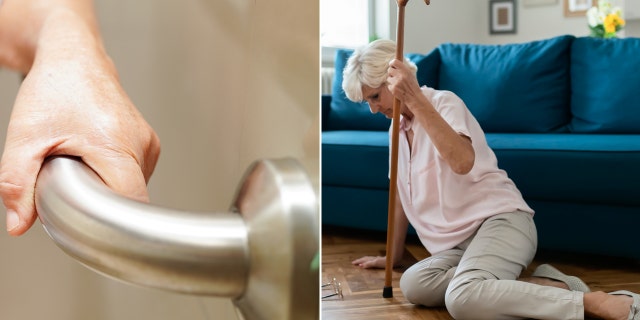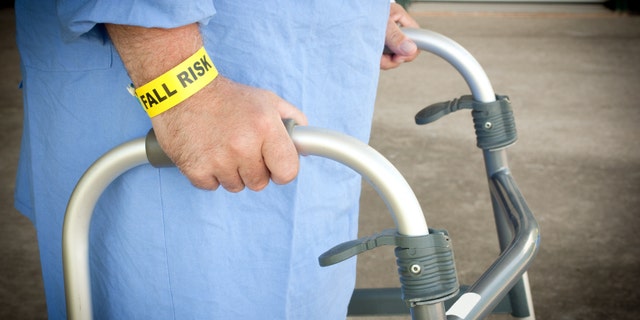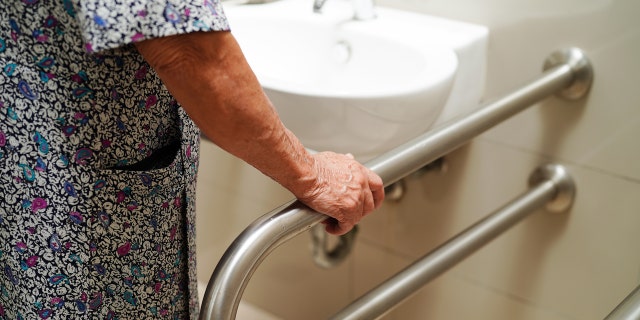More than one out of four older people experience a fall each year — and three million of them are treated in the emergency room for their injuries, according to statistics from the Centers for Disease Control and Prevention (CDC).
“The most common injury after a fall is a fracture, in particular of the hip, wrist, spine and arm,” Christynne Helfrich, PT, a physical therapist commercial consultant for Hinge Health in Illinois, told Fox News Digital. “Hip fractures are a major concern, as they can significantly impact mobility and independence.”
Head injuries, which can range from mild bumps and bruises to traumatic brain injury, are another potentially dangerous outcome.
ALZHEIMER’S DISEASE: EARLY SIGNS AND SYMPTOMS YOU MAY SPOT IN YOURSELF OR A LOVED ONE

More than one in four older people experience a fall each year, and three million of them are treated in the emergency room for their injuries. There are steps people can take every day to stay stronger. (iStock)
Finding an activity that you enjoy — whether it’s swimming, yoga or Tai Chai — is the key to staying engaged and making it a daily habit, Helfrich added.
Make necessary home modifications
Sixty percent of falls happen inside the home, according to the National Council on Aging (NCOA) — which highlights the importance of making homes as safe as possible for older people.
DAILY USE OF LOW-DOSE ASPIRIN MAY INCREASE ANEMIA RISK IN HEALTHY OLDER ADULTS: STUDY
Talk with your doctor
Less than half of older adults who experience a fall don’t tell their doctors about it, the CDC reports — but discussing fall prevention with health care providers can be life-saving, Helfrich said.

Less than half of older adults who experience a fall don’t tell their doctors about it, the CDC reports. (iStock)
“Your doctor can refer you to physical therapy or a local fall prevention program,” she told Fox News Digital.
She said health care providers “can also review your current medications to determine whether [these] might cause a loss of balance as a side effect.”
Get up slowly
Standing up too quickly can result in a phenomenon called ortostatic hypotension, which is when blood pressure drops too quickly and causes dizziness.
“As you age, blood pressure changes can cause you to feel dizzy if you move positions too quickly, which can increase your risk of falling,” Helfrich said.

Making home modifications, such as installing grab bars in bathrooms, can help reduce the risk of falls. (iStock)
“Take your time when getting out of bed or out of your chair to prevent this from happening,” she said.
To read more pieces in Fox News Digital’s “Be Well” series, click here.

